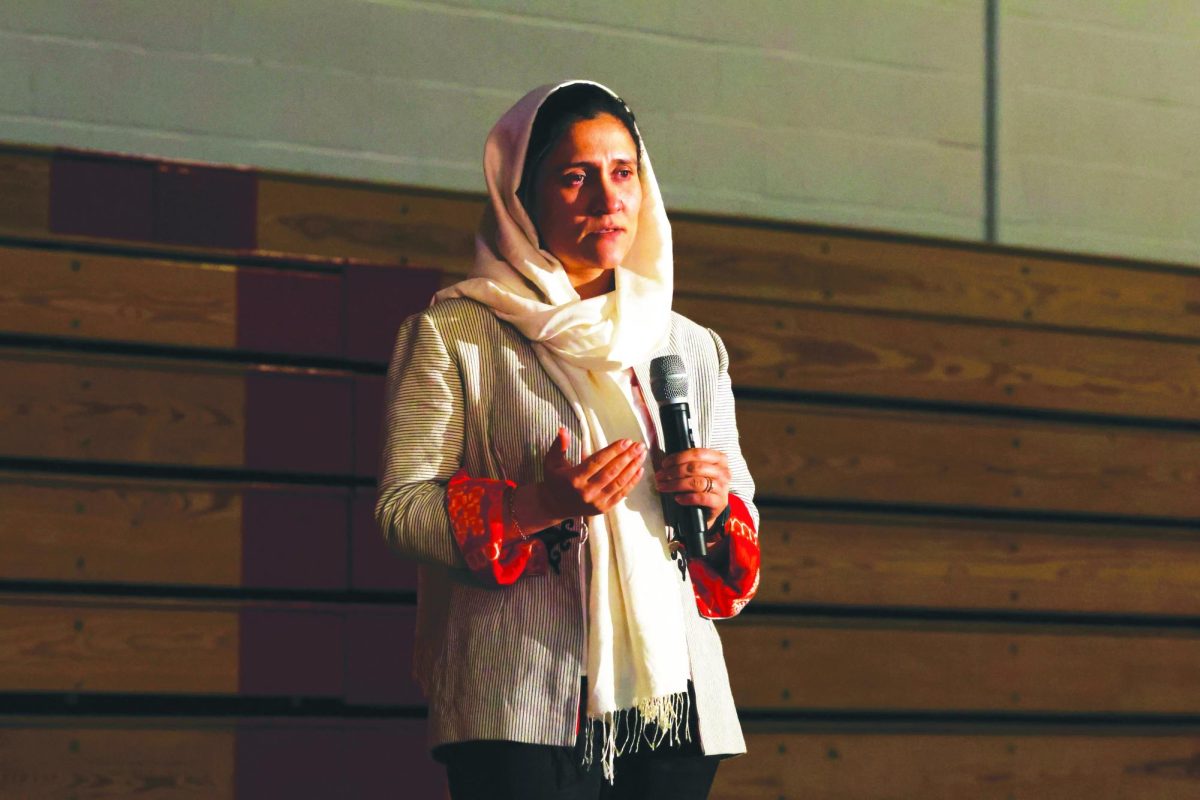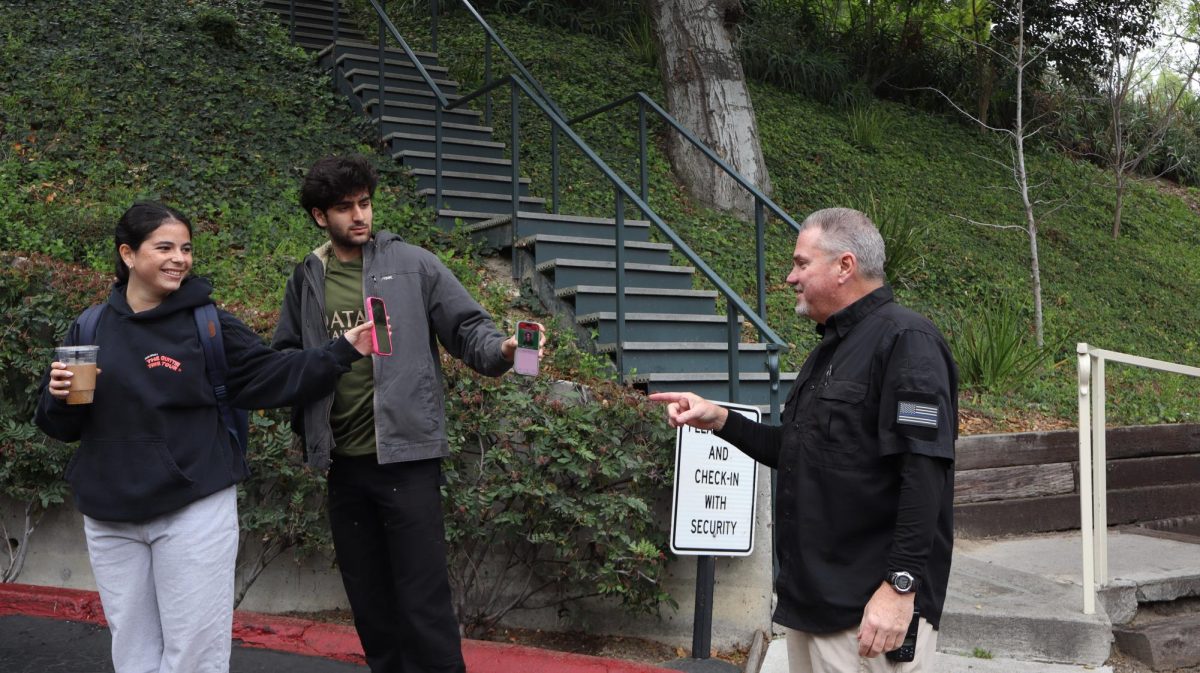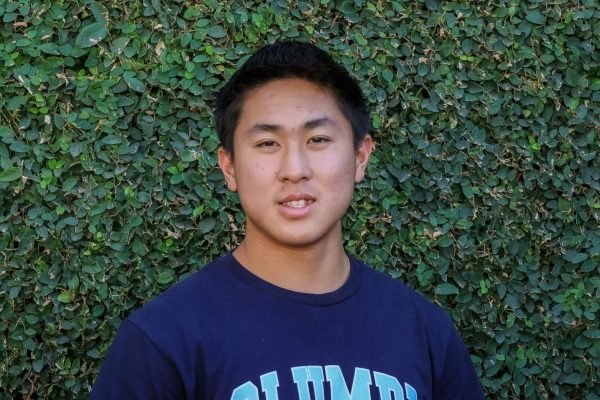Girls’ education activist and co-founder of the School of Leadership, Afghanistan (SOLA) Shabana Basij-Rasikh spoke about her mission of teaching Afghan girls at this year’s Brown Family Speaker Assembly on Jan. 8.
The speaker series, which was started 22 years ago by Linda and Abbot Brown (Russell ’94, David ’96), provides the school community with opportunities to hear from renowned speakers and panels.
Basij-Rasikh grew up under the first Taliban regime in Afghanistan when girls were forbidden from attending school. Her family sent her and her sister to a secret school run by a former high school principal in her home. Basij-Rasikh said she understood from a young age the danger of seeking an education as a female under the Taliban’s regime.
“The woman in charge [of the secret school] had one message to us,” Basij-Rasikh said. “She would say, ‘As soon as you walk out of this house, walk away as fast as you can. If you get caught by the Taliban, don’t bring them back [to the secret school]. Less people will be killed in your house. More people will be killed here.’ I cannot believe we understood that, but we did.”
In 2001, the Taliban was toppled, and girls were able to attend public schools. When she looked out at her classmates on the first day of school, Basij-Rasikh said she realized everyone in her grade was at least six years older than her. She said in that moment she grasped the magnitude of her parents’ sacrifice.
“On that day, all I could feel was shame and gratitude and privilege,” Basij-Rasikh said. “All I wanted to do was leave and hug my parents because what I knew was that my life was going to be so different than my classmates.”
Basij-Rasikh went on to study at Middlebury College, where in 2008 she co-founded SOLA as part of her mission to educate Afghan girls. SOLA, a boarding school for girls, was originally located in Afghanistan. The start of the Taliban’s second regime forced them to relocate to Rwanda, where the school currently resides. Basij-Rasikh said SOLA aims to educate girls so that they can improve the future of Afghanistan.
“The idea behind SOLA is that we can achieve true peace in Afghanistan by investing in the education of Afghan girls,” Basij-Rasikh said. “The true inspiration behind SOLA really is the power of girls.”
Basij-Rasikh said the issue of female education in Afghanistan should not fly under the radar.
“Afghanistan is the only country on earth where girls’ access to education is illegal,” Basij-Rasikh said. “The world’s attention matters.”
Middle Eastern Student Association (MESA) co-leader Lila Daoudi ’24 introduced Basij-Rasikh at the beginning of the assembly. Daoudi said it is essential for students to be informed about global events.
“I think it’s important for HW students to be global citizens that are aware of issues that exist external to our communities and across the world,” Daoudi said. “Also, I agree with Shabana that bringing national attention and outcry to these problems is the only way to achieve material change, given how easy it is for these issues to go ignored.”
Daoudi said SOLA’s goal is admirable, and that MESA will be collaborating with them in the future.
“I really like the mission of SOLA because of its long term goal to help Afghanistan while helping these girls access education,” Daoudi said. “MESA is going to work with SOLA in the coming weeks both with a fundraiser and advertising their Amazon wishlist, which I hope the student body will engage with.”
Maggie Koo ’26 said the speech reminded her that the education she is receiving at the school is a privilege.
“[Basij-Rasikh] put the value of education into perspective and made me appreciate and feel grateful for the education I receive at HW,” Koo said. “It was great listening to her speak and share her experience with us.”































